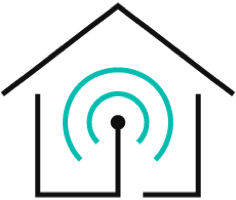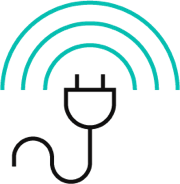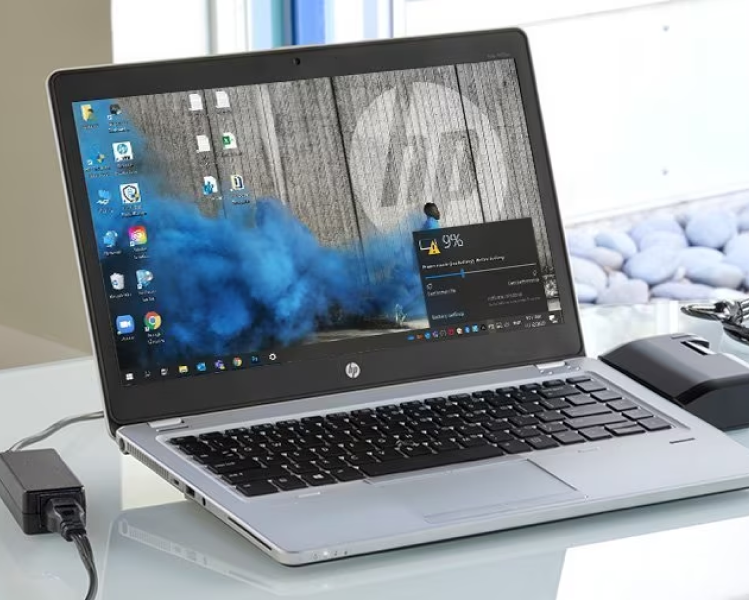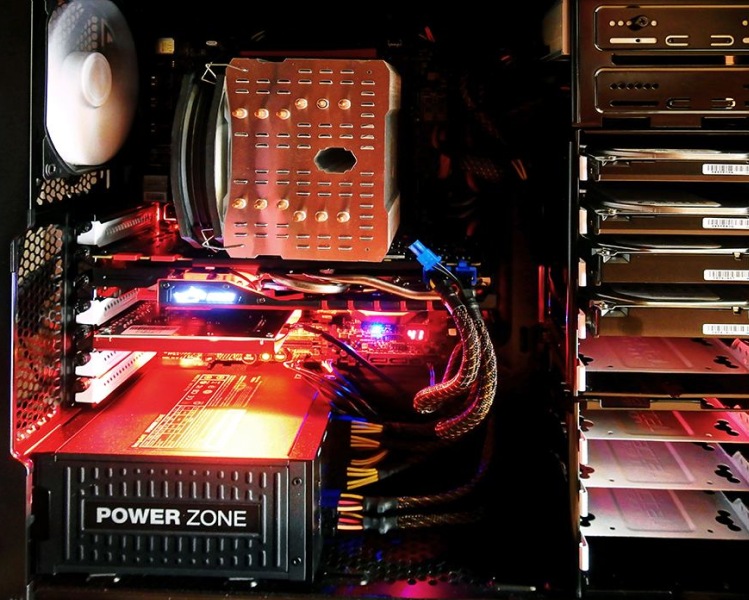Today, more than 44 million people globally live with Alzheimer’s disease and the number of people with dementia is expected to double every 20 years, by reaching 75 million in 2030 and 131.5 million in 2050.
While there is no cure for the Alzheimer’s disease, there is plenty of IoT devices that could help the people with Alzheimer’s live more comfortable life. Applying Smart Home technology lets the elderly save significant amount of money spent on health care and provide them with the possibility to stay at home independently for a longer time.
Smart home devices that help manage risks of wandering, dementia and falls
There are three conditions that can be characteristics to Alzheimer’s: wandering, dementia and increased falls. Installing Smart Home can significantly increase the elderly’s quality of life.
Wandering
According to The Alzheimer’s Association, three out of every five Alzheimer’s patients will wander at some point in their struggle with the disease. If they aren’t found within 24 hours, they have a 50% chance of being seriously injured.
To prevent senior’s wandering, you can use motion detectors, which are placed to the entry points of the house. When the senior has exited the building, the motion detectors can send you a notification about it. Alternative to the motion detectors would be to use a smart watch or a smart key chain, which track the GPS location of an elderly. This would increase the chance of finding the senior when they have gone wandering to unknown neighborhoods.
Dementia
Another symptom of Alzheimer’s is dementia. One of the main characteristics of dementia is a gradual decline in mental ability, which may have serious consequences in people’s daily life. For example, people with dementia are likely to have problems with remembering if and when they washed their clothes. They may forget to lock the door, or have trouble with keeping track of preparing their meals.
To keep them safe, we can use specific Smart Home sensors to prevent the senior from particular issues. For example, you can install a water leak detector to the laundry room. In case of any unexpected water leak the detector can send out notifications to your email or warn you through the hub’s voice message. You can also set up a smart smoke detector, which will automatically shut off the stoves when the smoke is detected. As well as you can install a smart door lock which will be automatically lock a door at certain point of time every evening.
Falls
In addition, elderly people are more likely to experience falls not only as the diagnosis of Alzheimer’s, but also as a result of general blood pressure issues which cause balance issues.
To avoid any unwanted falls, a Smart Home solution offers a motion-sensor light which will turn on automatically once the person enters a new room. However, we must be aware of that such technology can be confusing and somewhat irritating to some dementia patients. Therefore, we recommend it to be installed only if such technology suits the needs of the individual.
Future of assistive technology
In coming years the list of compatible devices in the market is expected to increase, which also means that the elderly will be able to live more comfortable life with the help of IoT powered assistive technology. We encourage everyone to try out new Smart Home solutions!















